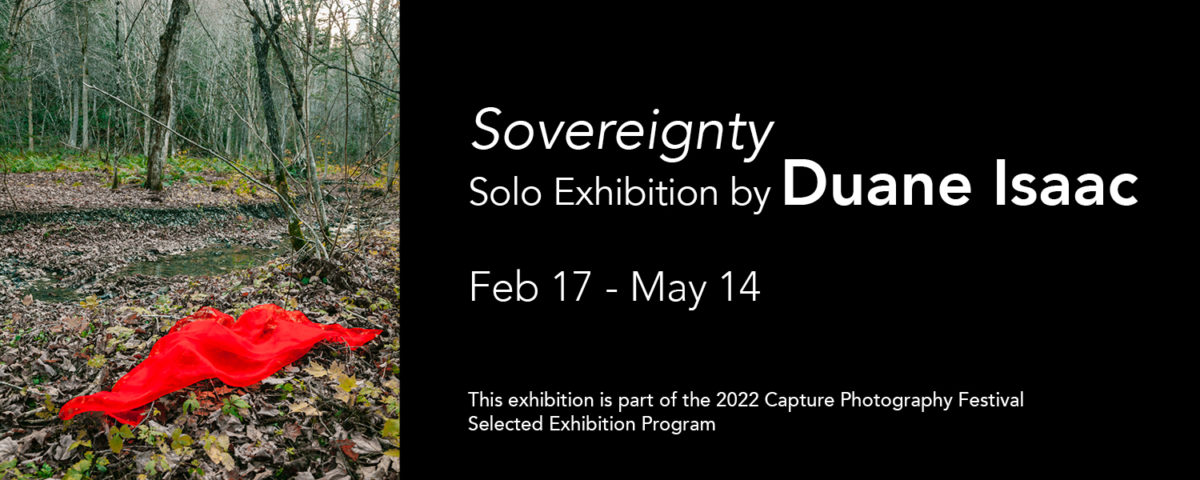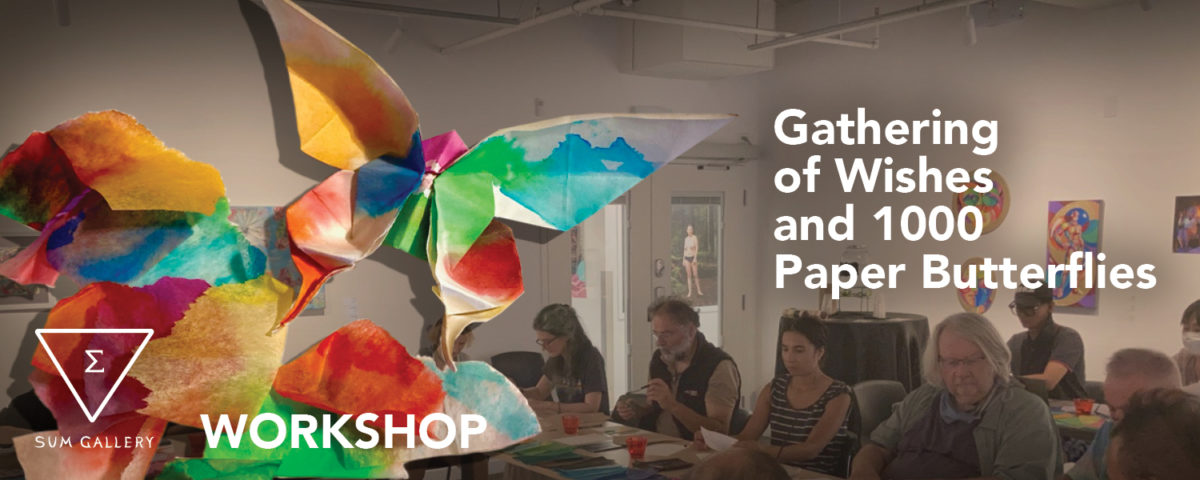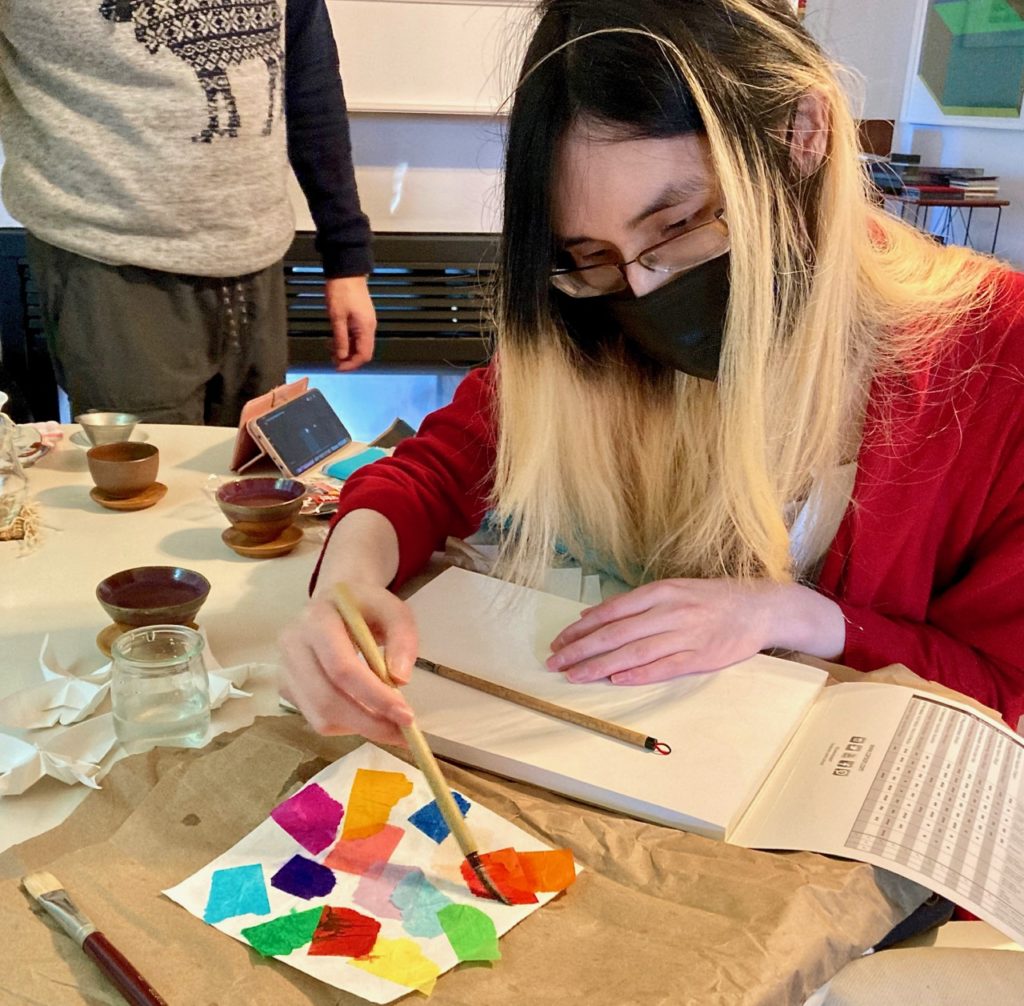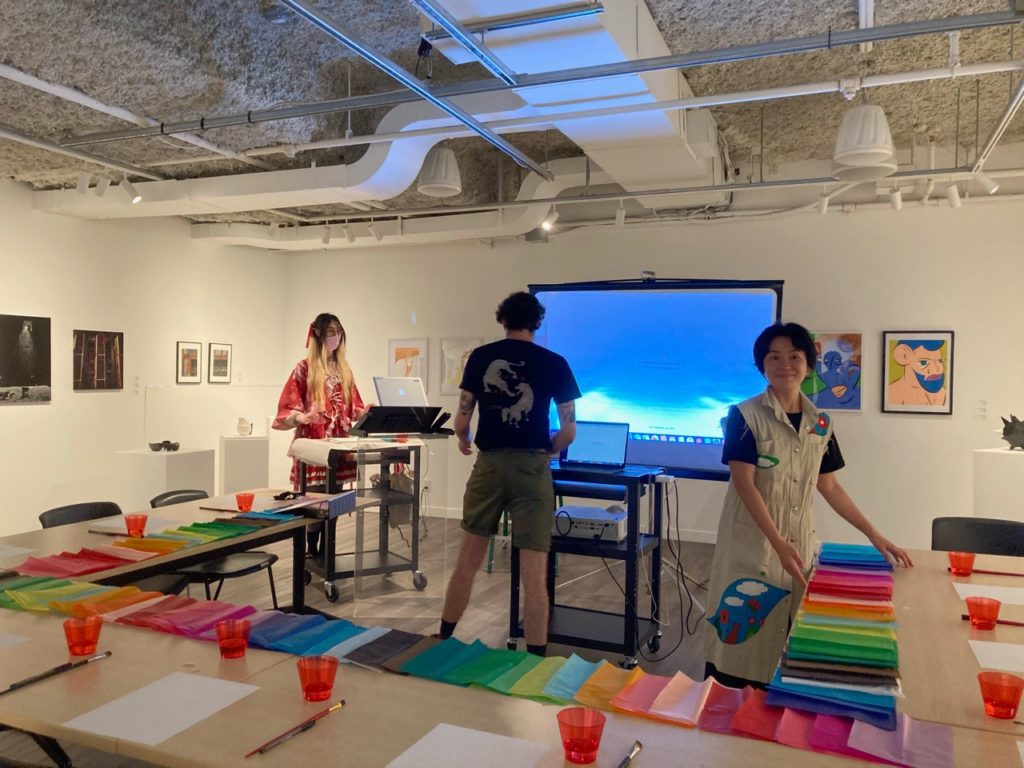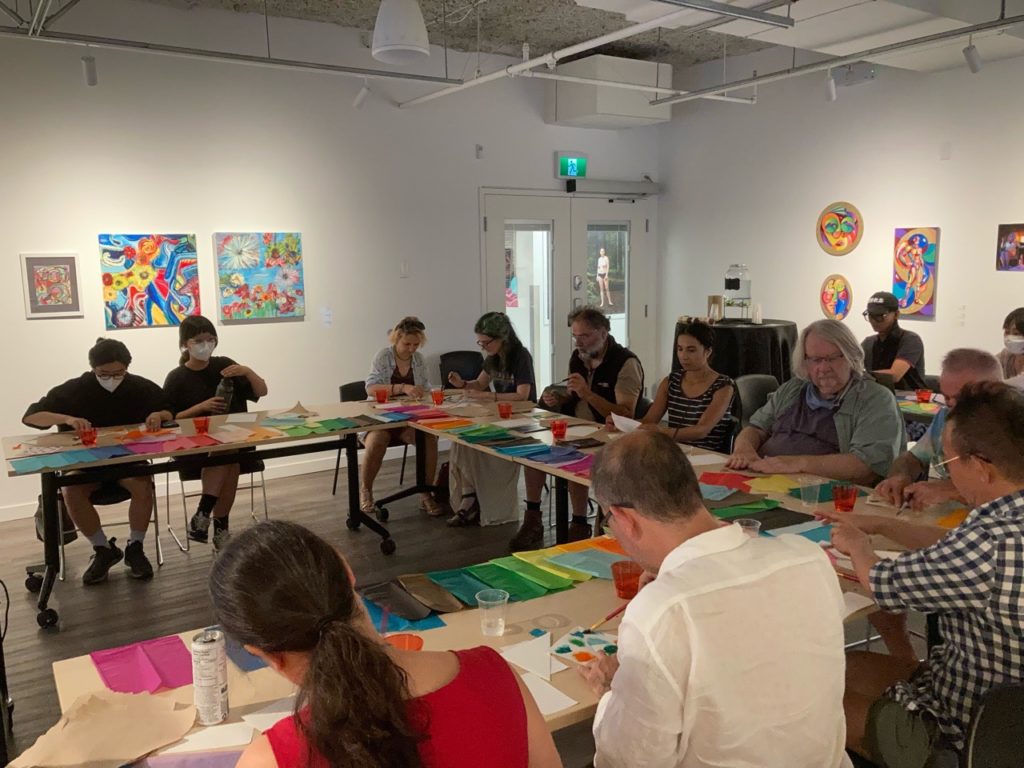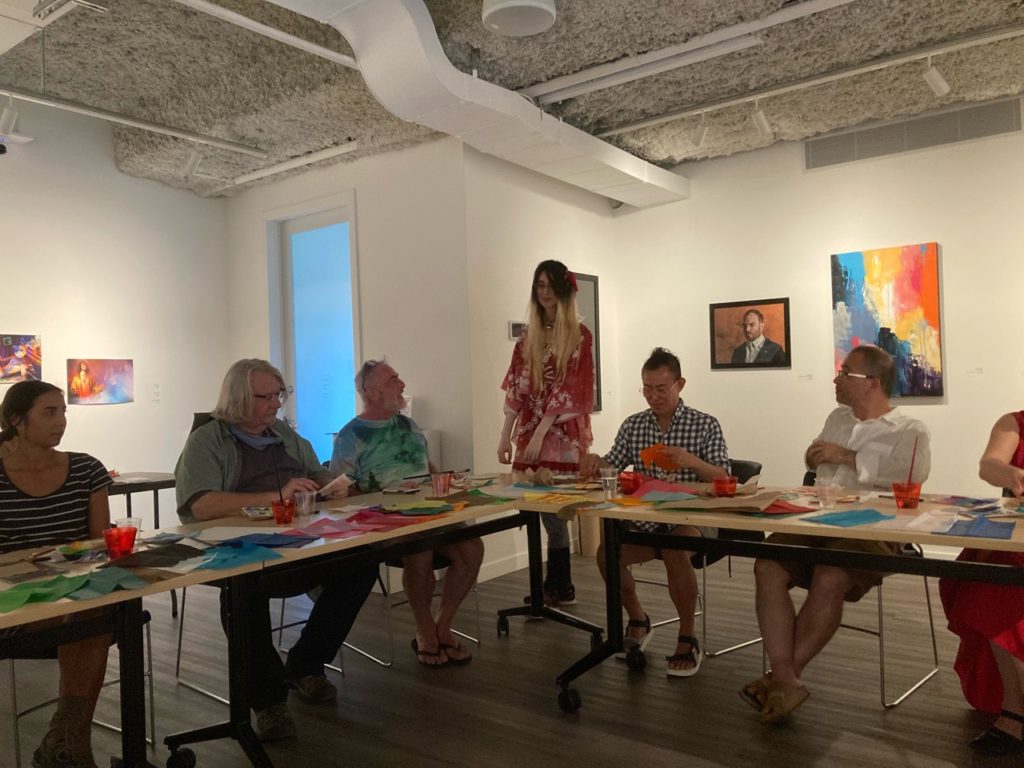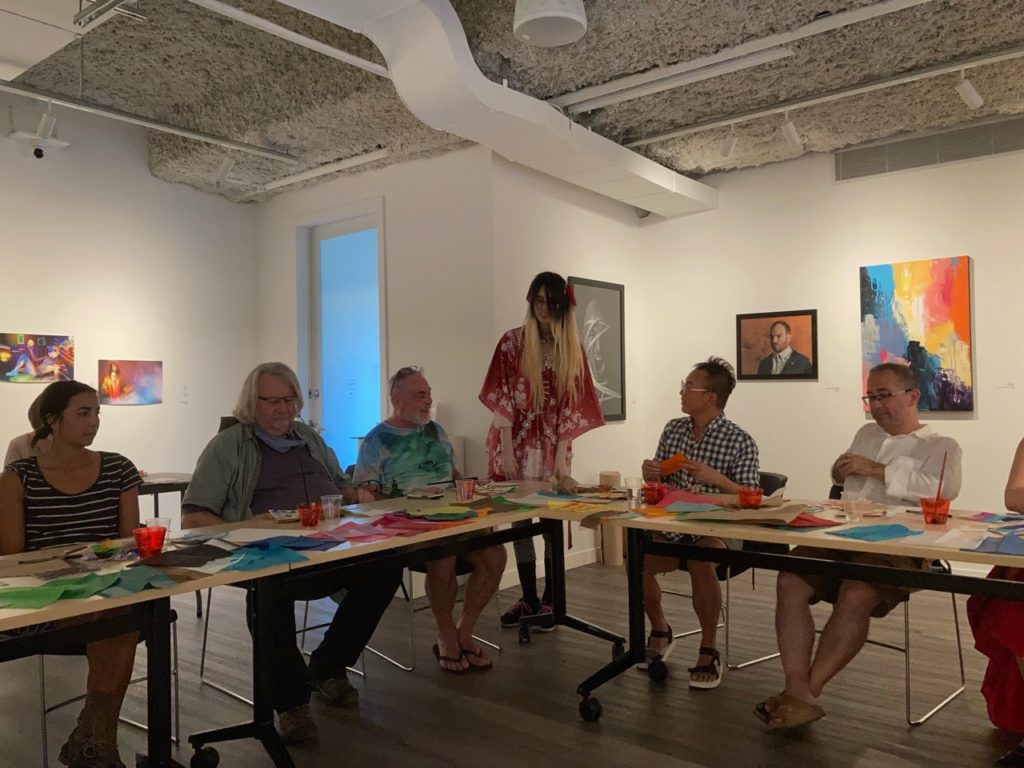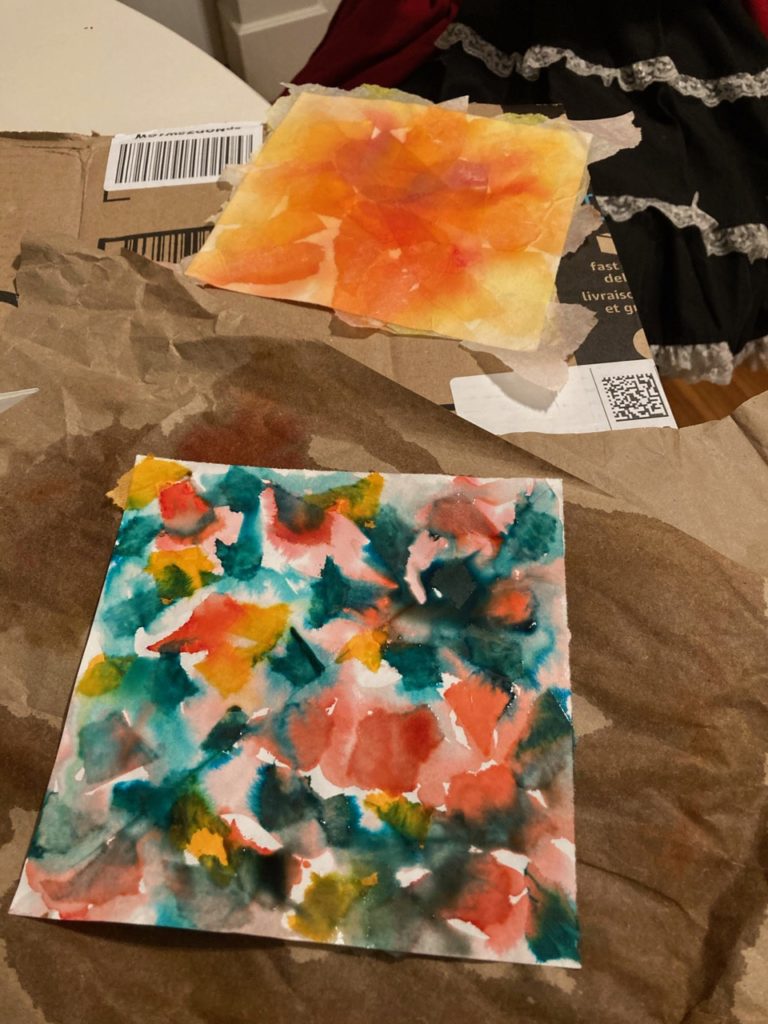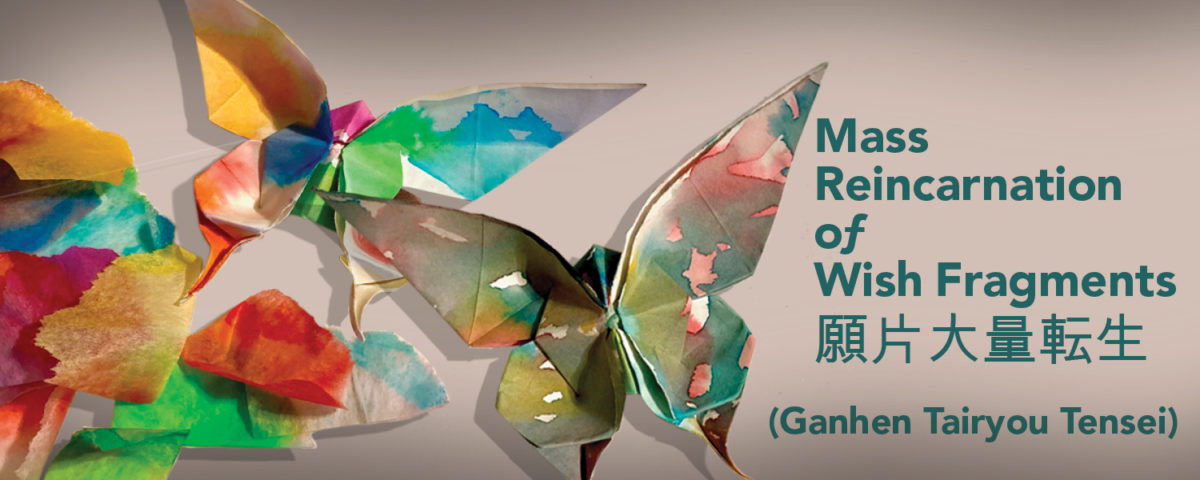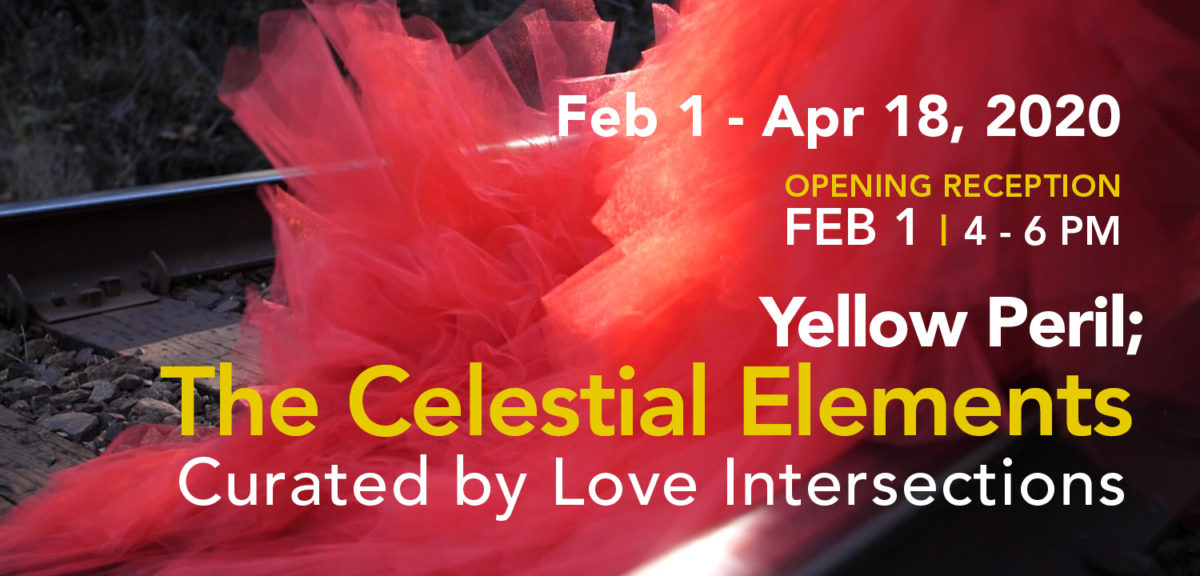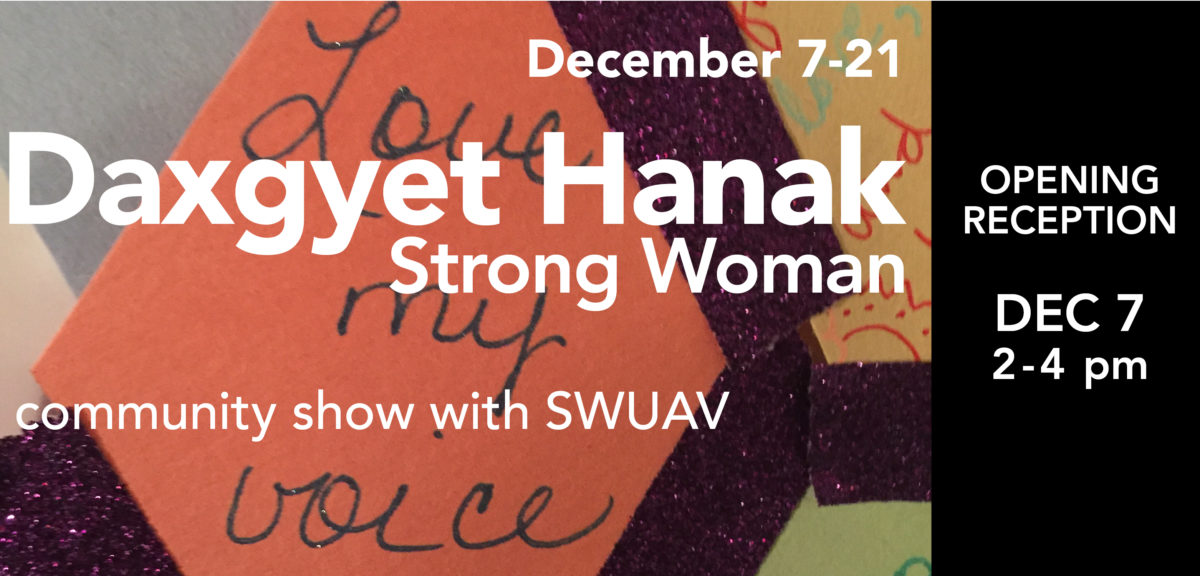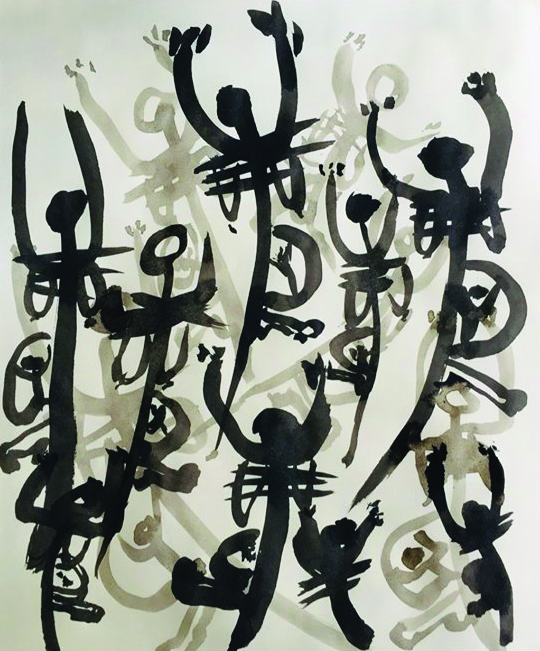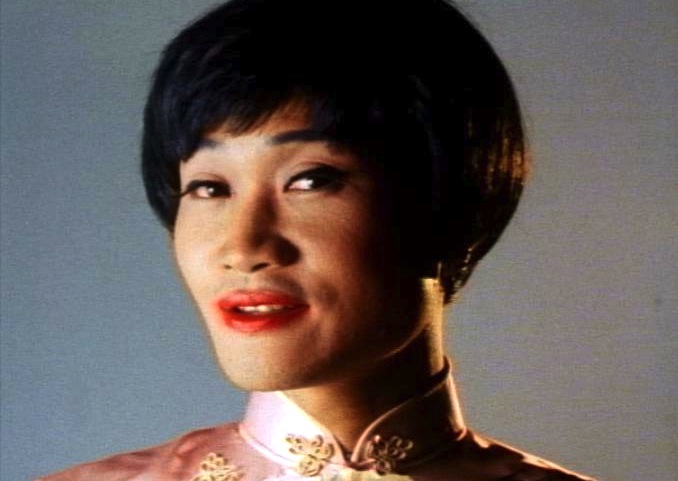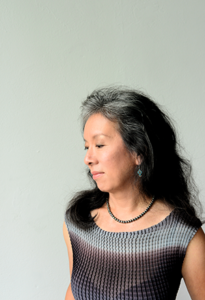Curated by Love Intersections
| Feb 1 – Apr 18, 2020 | Opening Reception: Feb 1, 4-6 pm
Yellow Peril; The Celestial Elements is a visual art exhibit inspired by the Chinese Five Elemental forces, seized by the urgent tensions between Queer Chinese diasporic identities. A collection of multichannel installations, visual and sculptural activations provoke a cosmic encounter of our living past and present as we ‘race’ towards a healing future. These elemental activations attempt to collapse the linear temporality to dislodge an emotional, spiritual, cosmological, and metaphysical enunciation of our Queer ‘Chineseness’. Rather than focus on the trauma that queer people of colour face, this project is fundamentally an invitation to an exuberant celebration of queerness that is unabashedly Chinese. We invite you to celebrate with us. Featuring artists Jen Sungshine, Kendell Yan, Kai Cheng Thom, Jay Cabalu, and David Ng.
DATES:
- Sat, Feb 1, 4-6pm | Opening
- Sun, Feb 2, 1:30-4:30pm | Workshop w/ Kai Cheng Thom
- Sun, Feb 2, 5pm | Curator Tour
- Sat, Feb 15, 3-5pm | Yellow Peril Film Screening + Artist Talk
- Sat, Mar 7, 3-5pm | Community Food Sharing + Live Dumpling Making Activation
COMING EVENTS:
- Sat, Apr 4, 3-5pm | Ching Ming Festival 清明節 [LIVE Stream] with Maiden China
ARTWORK DESCRIPTIONS:
Channeling the Elements; an encounter of time/space
This installation employs the metaphor of
the Chinese Five Elements to explore the discursive formation of queer Chinese
diasporic identity. In Traditional Chinese Medicine, the Five Elemental forces
have many different applications to understanding life, identity,
relationships, and both physical, mental, and emotional health. The elements
also have numerous approaches to understanding ways of “being”; they also have
principles of metaphysics, and temporalities.
We invoke these five elements through our artistic practices, as a
conduit to understanding queer East Asian cultural formations, as not an
intellectual delineation, but a way to investigate the embodiment of queer
Chinese, diasporic identity.
For example, we performed an ancestral
veneration ceremony at Larwill Park in Vancouver, which was the gathering site
of the anti-Oriental riots of 1907 as a way to mark an image of the temporal
relationship that the project Yellow Peril: Queer Destiny has amongst a history
of anti-Asian racism in Canada. Giving
offerings to our ancestors, making reference to the history of racism we are
connected to in this space; and recognizing the implications that these histories
have on our own identities today, as racialized, queer subjects.
The Wall of Healing; a ‘Race’ Towards a Cosmic Future
In Chinese cosmology, the world emerges from yin/yang, activated by the primordial powers found in Five Elements: Wood > Fire > Earth > Metal > Water. From the micro to macro, intimate to distant, land to table, we cycle through the synergistic and generative processes of these elemental forces: Wood feeds Fire, Fire creates Earth, Earth bears Metal, Metal collects Water, Water nourishes Wood, and so begins/ends/regenerates a beginning to an end. This ‘Wall of Healing’ employs these relational approaches of the elements to understand Queer Chinese diasporic expressions of race and gender; in an attempt to dislodge our mortal timestamp from Western linearity, and reimagine our living past/present as we “race” towards a cosmic future.
CELESTIAL FIGURATIONS
The modern slang for “queer” in Chinese is “酷兒 (kù-ér)” – which is a direct phonetic adaptation of the English word. While there is a large and diverse vocabulary for LGBT genders and identities such as “同志 (tongzhi)” meaning gay comradery; “同性戀 (tongxin lian)” meaning same-sex love; “拉拉 (lala)” or “拉子 (lazi)” for lesbian, and “跨性 (kuaxing)” for transgender, there is currently no queer-equivalent word in Chinese that encapsulates the historical and emoti onal journey embedded in the identification of “queer”.
Inspired by the pictograph roots of the Chinese language as well as our own diasporic enmeshment as queers-of-colour, we designed this new Chinese character with the metaphysical and emotive properties of “queer” that are important to us, in an attempt at materializing our Queer diasporic ‘Chineseness’ through a made-up character that isn’t a Western derivative. The “emerging” character on the ground is our personified imagination of what this character might look like. Who are they? What are they? When are they? Where are they? Why are they? Queerness to us necessitates temporal transformation – it’s daring, it’s verbal, it’s spiritual, it’s elemental, it’s revolutionizing. This character is an intervention on the tension between “nation” and diaspora – a reclamation of our who, what, when, where, why in our self-determination.
ARTIST BIOS:
Jen Sungshine speaks for a living, but lives for breathing art into spaces, places, cases. She is a queer Taiwanese interdisciplinary artist/activist, facilitator, and community mentor based in Vancouver, BC, and the Co-Creative Director and founder of Love Intersections, a media arts collective dedicated to collaborative filmmaking and relational storytelling. Jen’s artistic practice is informed by an ethic of tenderness; instead of calling you out, she wants to call you in, to make (he)artful social change with her. In the audience, she looks for weirdos, queerdos and anti-heroes. In private, she looks after more than 70 houseplants and prefers talking to plants than to people. www.jensungshine.com
David Ng (Co-Creative Director) is a queer, feminist, media artist, and co-founder of Love
Intersections. His current artistic
practices grapple with queer, racialized, and diasporic identity, and how
intersectional identities can be expressed through media arts. His interests include imagining new
possibilities of how queer racialized artists can use their practice to
transform communities. His work has also recently included collaborations with
Primary Colours / Couleurs primaires, which is a national initiative to put
Indigenous arts practices at the centre of the Canadian art system through the
leadership of Indigenous artists, supported by artists of colour.
Kendell Yan/Maiden China is an intersectional feminist drag performer who disrupts identity expectations and liberates audiences by inducing vulnerability. Maiden China’s drag explores the concept of the “hyphen”, liminal states of embodied being, and incorporates elements of classical Chinese opera, queer theory, resistance politics, and intimate contact performance art. They are the winner of the Mx Cobalt All Star competition, and Vancouver’s Entertainer of the year 2018. They are a member of the upper house of the Dogwood Monarchist Society’s 48th reign as Imperial Crown Princet, and they perform regularly as a member of the House of Rice, an all Asian drag family in Vancouver, BC. as well as one of the Darlings, a non-binary drag collective.(Kendell on Facebook)
Jay Cabalu is a Filipino-Canadian pop artist based in Vancouver, BC. With a speciality in 100% hand-cut collage, his work is a pop-surrealist expression of his world view. He has a BFA from Kwantlen Polytechnic University and has shown in numerous spaces in Vancouver. In 2015, his niche style of art prompted his casting on season one of CBC’s reality-competition series Crash Gallery and he returned as a guest commentator the following year. The last two years of his practice have been dedicated to identity and self-portraiture, which has caught the attention of exhibitions in Chicago and London UK for its contribution to conversations about Asian and queer representation. In 2019, Jay was invited to give his first artist talk at the British Museum with Queer Asia. His art belongs to private collections in Vancouver, Ottawa, Seattle and California. (http://jaycabalu.com/)

